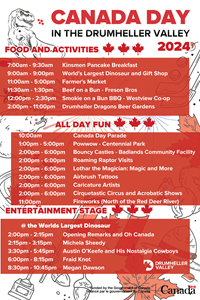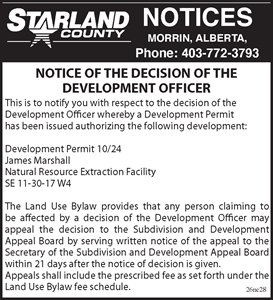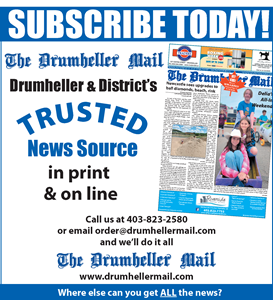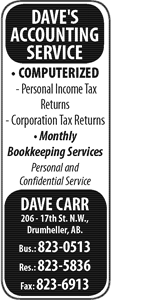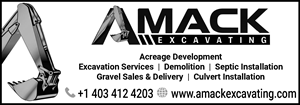
Dear Working Wise:
I haven’t had a coffee break in two years, because we’re always short staffed. I asked my boss if I can take the two coffee breaks as a single 30-minute paid lunch break, but he said no. What are the rules around breaks? Signed, Gimme a break
Dear Gimme:
Alberta’s Employment Standards require most employers to provide their employees with breaks and rest periods.
During each shift of five hours or more, an employee is entitled to at least 30 minutes of rest, except where it is unreasonable or impossible. For example, you wouldn’t want an administrative staff member to go on a coffee-break mid-way through taking minutes during a legal deposition.
However, breaks can be paid, or unpaid, at the employer's discretion. The 30 minutes can also be taken all at once or broken into shorter periods as long as it totals 30 minutes.
I think that it is important to mention here that Alberta’s Employment Standards are the minimum standards and that many employers exceed these standards, because short, frequent breaks have been shown to increase productivity in the workplace.
For example, many employers offer their full-time staff (those working seven or more hours per day) a lunch break plus two paid 15-minute “coffee” breaks. No matter what an employer decides, they should outline the number and length of break periods as part of their staffing policies and ensure their current and new staff know what the break policy is.
Employees also need breaks between shifts. Employers are not allowed to work their staff longer than a 12-hour period in a workday unless some emergency occurs or the employer has a permit authorizing extended hours of work. This means, for example, that an employee who begins work at 8 a.m. cannot work past 8 p.m.
Employees must get at least eight hours rest from when their last shift ended to when the new one begins.
With rest days, employers must provide employees with one day of rest each week, or two consecutive days of rest in each period of two consecutive weeks of work, three days for three weeks of work, and so on. After 24 consecutive days of work, employees must be provided with at least four consecutive days of rest.
Some occupations are exempt from the minimum standards set by Alberta’s Employment Standards when it comes to hours of work, rest periods and days of rest, including oil-well services, truck drivers, law enforcement, and some professional and sales positions.
For a complete list of exempt occupations or for more information on Alberta’s Employment Standards, visit www.employment.alberta.ca/es.
Do you have a work-related question? Send your questions to Working Wise, at charles.strachey@gov.ab.ca. Charles Strachey is a manager with Alberta Human Services. This column is provided for general information.




